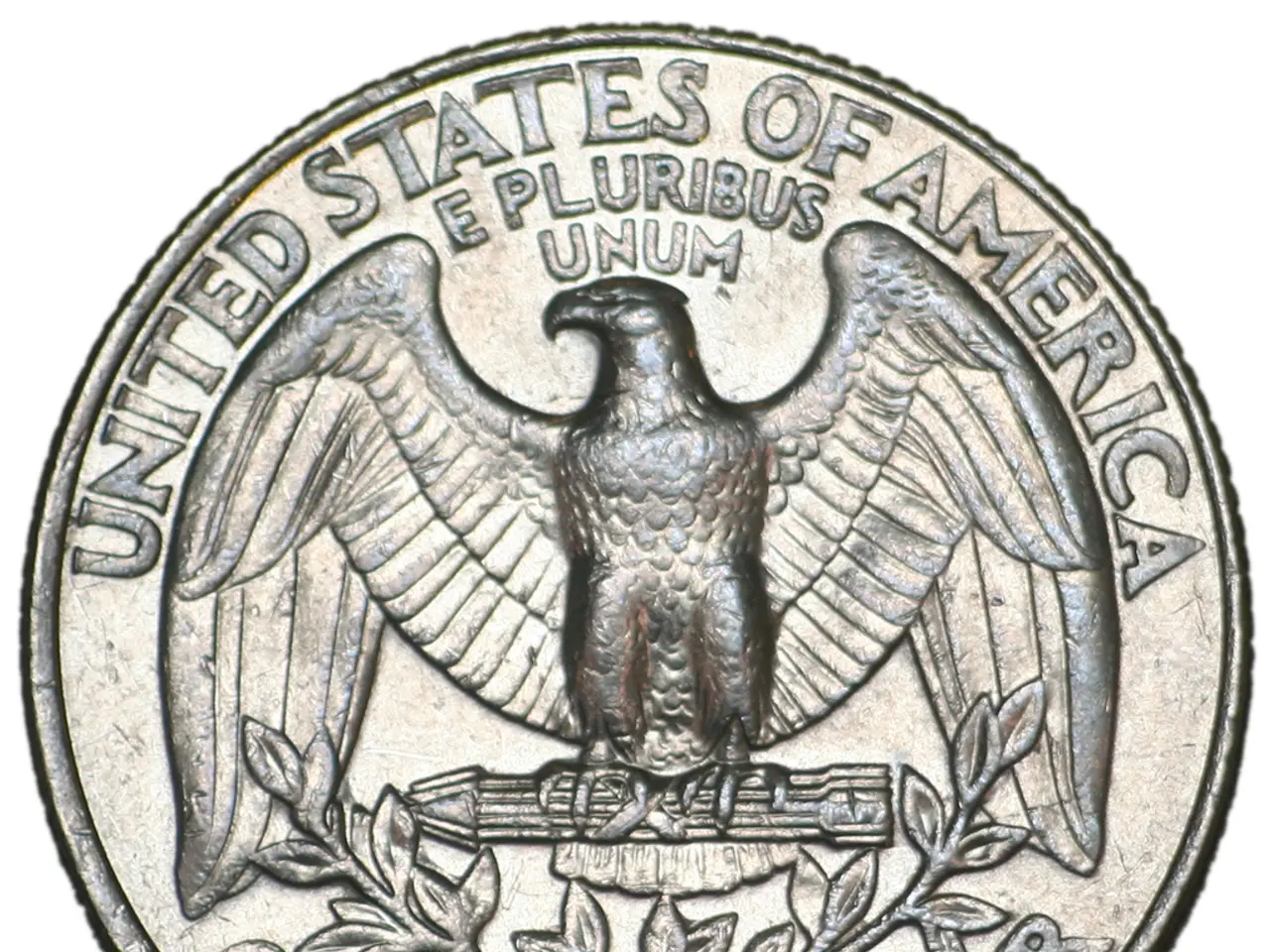United States Considering Nationwide Ban on Lotteries?
The heat's on for prize-based casinos in the US, y'all! States are cracking down hard, and it ain't looking good for these online gaming platforms. Lawmakers are pushing for bans, and the legal landscape is getting foggy as hell.
New York's leading the charge, and it's not a surprise, seeing as they're making serious efforts to outlaw prize-based casinos. Across the country, the situation's escalating quicker than a high-stakes poker game. While these platforms operate under federal laws on promotions and sweepstakes, each state interprets and applies these laws differently, leading to a whole lot of confusion and criticism.
As more states step up their game, New York's Senate Bill 5935 has already been approved by a committee, proposing a total ban on online prize games with hefty fines for violators – up to $100,000 (€93,300)! Mississippi, Maryland, and West Virginia are also considering similar measures, while Idaho's got 'em in a tight spot with cash prize payments banned, making the offer less appealing.
High 5 Casino's announced they'll shut down in New York by 2025, signaling a serious shift in the landscape. But is this ban fair, or could it backfire? To understand the ins and outs, we chatted with Bob Stoddard, U.S. Gaming Division Tax Leader at KPMG, who shared his insights on the escalating scrutiny and what it could mean for the future of digital gaming in the States.
Banning prize-based casinos could have a significant negative impact on operators' revenues, especially in populous states like New York, where regulators and lawmakers are taking a closer look at this model. This debate resembles the legal battles that surrounded daily fantasy sports in their early years, with attorney general ads, cease and desist orders, lawsuits, and more. It's easy to imagine that prize casinos could face a similar fate.
In terms of regulation, proponents argue that regulated online casinos are safer than prize casinos due to their Know Your Customer (KYC) and Anti-Money Laundering (AML) processes, use of recognized payment processors, recent changes in age restrictions, use of certified content games, clearer and more transparent terms of use, and more. On the flip side, many in the regulated sector view prize casinos as equivalent to illegal iGaming operators that use creative currency models and novel legal arguments to fit into state promotion laws, without considering current scenarios.
Problem gambling is another justification for ban proposals, but is prohibition the solution? Regulators face the challenge of protecting players, holding licensed operators accountable for responsible gaming practices, and combating illegal operators. But all this might lead to the migration of consumers to alternative products, including those in the illegal sector, due to lower barriers to entry and fewer obstacles to use.
Political and financial interests are also a factor in this mix. While many advocate for stricter regulation or a federal ban, the likelihood of a national prohibition still seems remote, especially with Trump potentially benefiting financially and Elon Musk showing enthusiasm for the prize sector. The future of prize casinos in the United States remains uncertain, but one thing's certain – the debate ain't over yet. So, stay tuned – when the lights go on in Manila in June, the real game begins!
- If New York's Senate Bill 5935 becomes law, it could have a significant impact on the revenues of prize-based casino operators, particularly in populous states like New York, as it proposes a total ban on online prize games with hefty fines for violators.
- The debate over prize-based casinos in the US is reminiscent of the legal battles that surrounded daily fantasy sports in their early years, with attorney general ads, cease and desist orders, lawsuits, and more, suggesting that prize casinos could face a similar fate.
- The future of prize casinos in the United States is uncertain, but the rebranding of these platforms as regulated online casinos, with measures such as Know Your Customer (KYC) and Anti-Money Laundering (AML) processes, certified content games, and clearer terms of use, could potentially address concerns about problem gambling and illegal activities, thereby making them more appealing to lawmakers and regulators.




